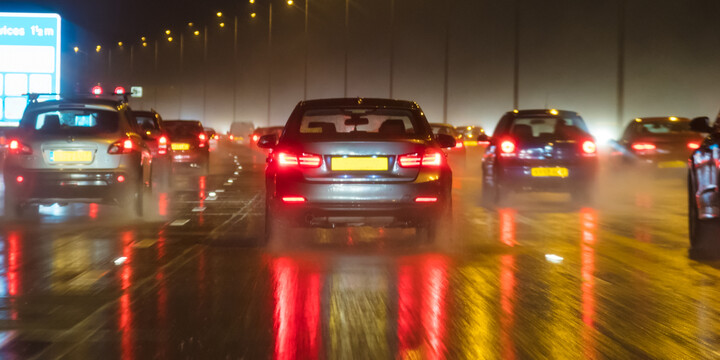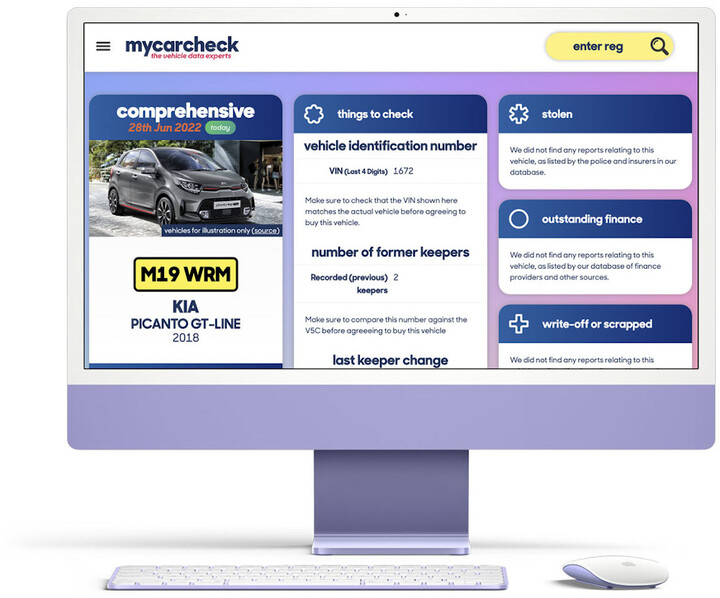
the most dangerous roads in the uk
FREE Car History Check
See MOT history, valuations, detailed specs and more… AND upgrade to see if any vehicle has been stolen, has finance or has been written off from just £4.99
It doesn’t matter how good a driver you are, every time you get into your car you are putting your faith in other people to also drive safely. Unfortunately, this isn’t always the case and there are some roads in the UK that have poor records when it comes to accidents. With 71 people killed or seriously injured on the UK’s roads every single day, it is a problem that needs to be addressed.
In this article, we will look at the most dangerous roads in the UK as well as steps you can take to reduce the chance of having an accident in these areas.
What is the most dangerous road to drive on?
You might think that fast-moving traffic on motorways means they are the most dangerous type of road to drive on, but this isn’t the case. Single carriageway roads are noted as being more dangerous, with just 1% of travel being on a low risk section of road.
This data, collated by the Road Safety Foundation (the UK’s independent regulator for road safety), shows that the A537 from Macclesfield to Buxton is a persistently high risk road and one of the most dangerous in the UK, particularly for motorcyclists. Of the 264 casualties recorded over a ten year period, 70% of those injured were motorcyclists.
Coming in at a close second is the A254 from Margate to Ramsgate. This road, although just 6km long, was the site of 15 fatal and serious road accidents in between 2013 and 2015, up 7 from previous years.
What makes a road dangerous?
Another assumption is that urban streets or inner city driving causes more accidents due to the many distractions that a city provides, but again this is not the case. Rural roads are more likely to be the site of accidents and fatalities due to many drivers going too fast. Rural roads can also hold many hidden dangers, such as concealed driveways and sharp turns. For a lot of drivers, the thought of low traffic in these backwood roads means less chance of an accident, but of course it can be this assumption that lulls drivers into a false sense of security.
Another aspect to consider is the conditions under which you are driving. Roads that may not have previously seemed dangerous might become so for a number of reasons. A lack of street lighting at night, issues with water drainage when it rains, or potholes and other unexpected road issues might crop up without much notice, which means you would need to adjust your driving to suit them.
Although there are some roads that appear inherently dangerous, a lot of the time it comes down to the driver and the risks they might take without due care - like speeding.
Where are you most likely to have a serious accident?
Interestingly, two thirds of accidents occur on low speed roads and usually within 25 miles of home. This is thought to be down to our relaxed nature when driving familiar roads, perhaps leading to a loss of concentration or focus, which may mean a higher chance of getting to an accident. In terms of area, according to statistics, the places you are most likely to have an accident in the UK include the West Midlands, Thames Valley, West Yorkshire, Kent, and Hampshire.
Driving at a higher speed, such as you do on a motorway, does not necessarily raise your risk of an accident either. As mentioned, motorway driving is safer in general, with just 7% of accidents happening with cars driving above 70mph. Statistics show that 57% of accidents in the UK happened in areas with a speed limit of 30mph. This underpins the idea that a loss of concentration due to the assumption of lower risk can actually contribute to accidents.
How can we solve the road accident problem?
Road accidents are somewhat inevitable. Regardless of how safely you drive, you may be sharing the road with someone who does not. This is a risk that drivers take every time they get into their car - but there are some steps that can be taken to reduce the chance of a serious collision.
The main way to lessen your chances of an accident is to be honest with yourself about the way you drive. If you think you could improve, take an advanced driving course to improve your confidence and understanding of the road. It may be that you took your test decades ago, but cars and roads are rapidly changing. From the new technology being employed on smart motorways, to the increased technology being installed in modern cars, it might be wise to update your knowledge and learn how to be safer for yourself and other road users.














